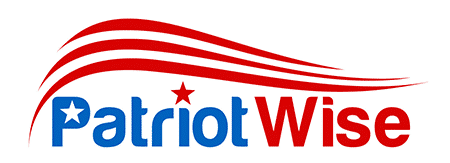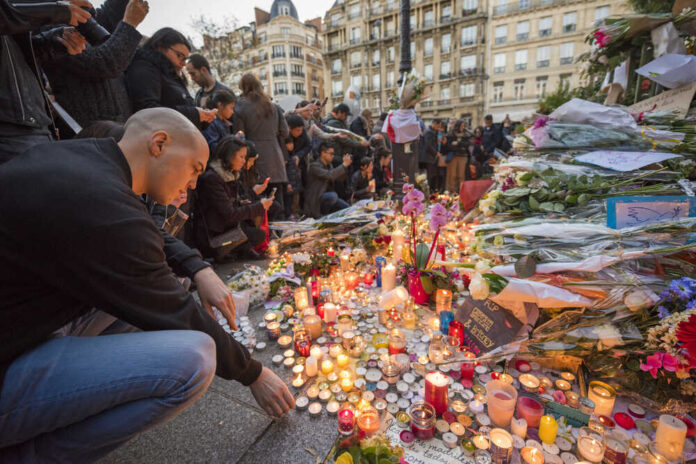(PatriotWise.com) — Last Tuesday, the U.S. Supreme Court began hearing oral arguments in a critical case involving an American student killed in a 2015 attack by Islamic extremists in Paris. The plaintiffs want to erode a legal shield that shields internet corporations from various claims.
The family of Nohemi Gonzalez, a 23-year-old student at California State University, Long Beach, who was studying in France, is appealing the rejection of their case against Google LLC’s YouTube at the Supreme Court. Alphabet Inc. is the parent company of Google and YouTube.
The family said that YouTube’s automated recommendations exposed them to extremist content by the Islamic State, which claimed responsibility for the Paris attacks that killed 130 people. According to the complaint, the suggestions contributed to disseminating Islamic State propaganda and recruiting terrorist warriors.
The complaint was filed under the United States Anti-Terrorism Act, a federal legislation that allows citizens to seek compensation for losses caused by “an act of international terrorism.”
The 9th U.S. Circuit Court of Appeals in San Francisco ruled that the complaint should be dismissed because of another legislation, Section 230 of the Communications Decency Act of 1996, which shields internet service providers from responsibility for user information. In this case, the Supreme Court will hear arguments on the constitutionality of a broad interpretation of Section 230.
Google and its allies have argued that if the plaintiffs win, it will open the floodgates to a wave of lawsuits that would fundamentally alter how the internet operates. Many websites and social media firms use similar technology to provide visitors with relevant information, including job postings, search engine results, music, and movies.
They said this case is dangerous for free expression because it might lead to platforms censoring even mildly controversial content.
In the eyes of the law’s detractors, platforms are seldom held liable for actual wrongdoing. Several progressives have spoken out against the spread of fake news and hate speech on the internet. Under the pretense of content filtering, many conservatives believe social media firms are silencing conservative voices.
As the lawsuit sought to make Google liable for Islamic State material, and since Google’s algorithms did not treat Islamic State content any differently from any other user-created content, the 9th Circuit held in 2021 that the claim was precluded under Section 230.
Copyright 2023, PatriotWise.com

















